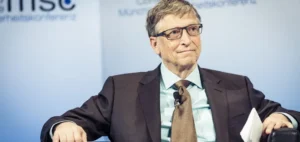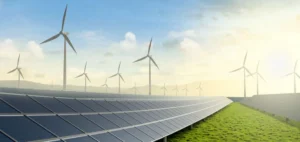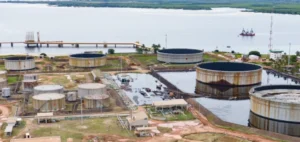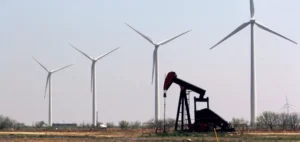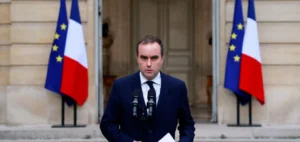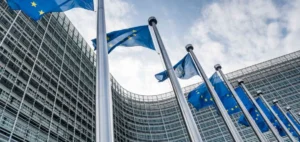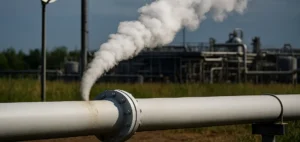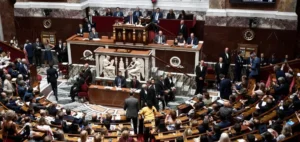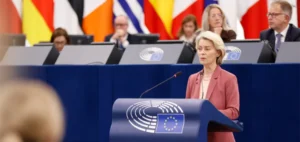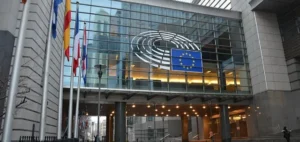In Nigeria, presidential front-runner Bola Tinubu is promising to abolish the fuel subsidy if he wins the election in February. In addition, he added that his government will increase oil production and deregulate gas prices within six months.
A manifesto for governing
In Nigeria, the people will elect a successor to President Muhammadu Buhari after two constitutionally mandated presidential terms. Bola Tinubu, 70, belongs to Muhammadu Buhar’s ruling All Progressives Congress party. In addition, he is a former state governor and senator from Lagos, the country’s commercial capital.
Bola Tinubu launched his presidential manifesto in Abuja. The candidate promised to create a special enforcement and monitoring unit to protect Nigeria’s oil pipelines. Thus, it wishes to deploy technological interventions, such as drones.
Grant waiver
In Nigeria, fuel subsidies are one of the main election issues. Bola Tinubu wants the money saved from subsidies to fund agricultural and social welfare programs. In addition, the Tinubu government will increase gas production by 20% and complete gas infrastructure projects by 2027.
Previous Nigerian governments have also promised to remove the subsidy, but without success. The Tinubu government will also review the exchange rate regime. Any new foreign debt will only finance projects that generate cash flows that allow the debt to be repaid.
The fight against insecurity
Mr. Tinubu says he would build on the experience he gained running Lagos between 1999 and 2007. Indeed, he wants to implement a crime prevention reform. This would put an end to theinsecurity in Nigeria.
It will promote the equipment of the Nigerian army. The creation of counter-terrorism battalions will, among other things, help combat the insurgency in the northeast. In addition, theywill also be used for banditry and kidnapping in the northwest of the country.




